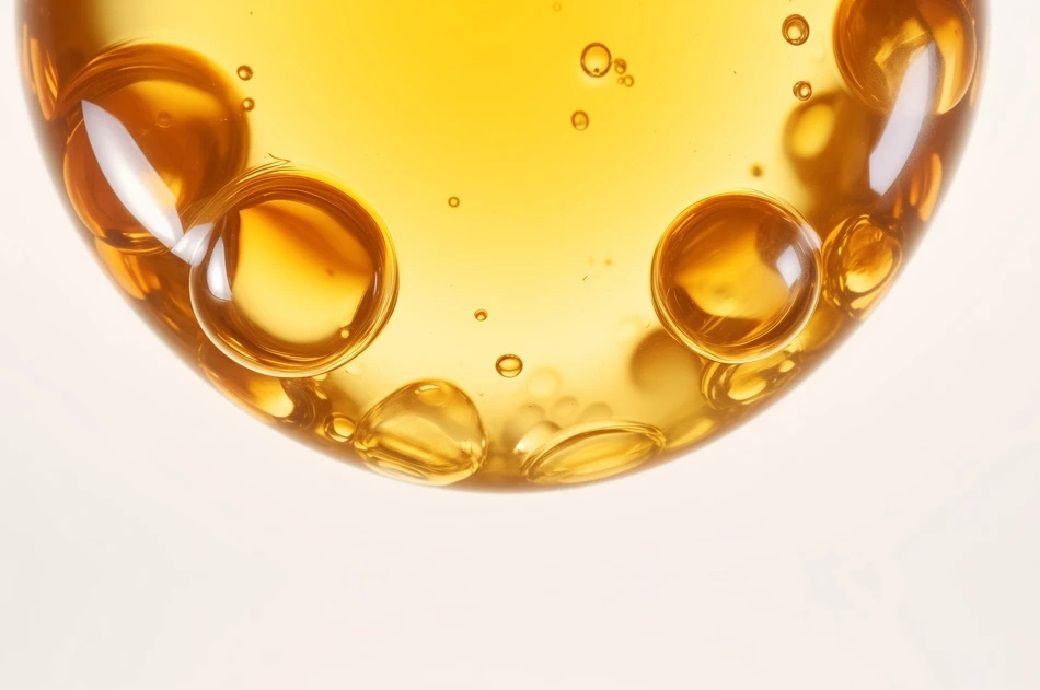
Fatty-acid producers have long faced pressure as shifting market demands collide with the long lead times and high CAPEX of conventional thermal fat-splitting towers.
To address these challenges, Novonesis and thyssenkrupp Uhde are jointly launching an enzymatic fat-splitting process using the Novonesis Lipura Split enzyme.
This collaboration redefines fatty acid production, enabling producers to significantly reduce energy consumption, improve production flexibility, and enhance overall process efficiency. Compared to conventional splitting at 260°C and 60 bar pressure, the gentler enzymatic process runs at 70°C and atmospheric pressure.
From lab to plant
This new approach to fat-splitting is designed for safe and scalable implementation, supported by a dedicated pilot plant that allows producers to validate performance under real-world conditions.
The pilot facility serves as a critical bridge between laboratory innovation and full-scale industrial deployment, ensuring that producers can confidently transition to more sustainable and cost-effective operations.
“Our partnership with Novonesis demonstrates the power of collaboration to shape a more sustainable future. This joint innovation enables our customers to achieve economic gains while advancing their environmental goals,” says Nadja Håkansson, Member of the Executive Board / COO thyssenkrupp Decarbon Technologies & CEO thyssenkrupp Uhde.
A more efficient path forward
The Novonesis-Uhde process is adaptable to both existing operations and new capacity plants. The solution can cut capital expenditure (CAPEX) by up to 60%, shorten time to market and scale production from 50 TPD to help producers navigate changing market needs.
“With this collaboration, we make it simpler for customers to move from conventional fat splitting to an enzymatic alternative – one built for a dynamic landscape of rising energy costs, evolving sustainability standards, and increasing pressure for production flexibility. This shift not only benefits fatty-acid producers' agility and profitability, it also paves the way toward a more sustainable future for the oleochemicals industry,” says Hans Ole-Klingenberg, Vice President, Global Marketing, Household & Industrial Biosolutions, Novonesis.
ALCHEMPro News Desk (HU)
Receive daily prices and market insights straight to your inbox. Subscribe to AlchemPro Weekly!